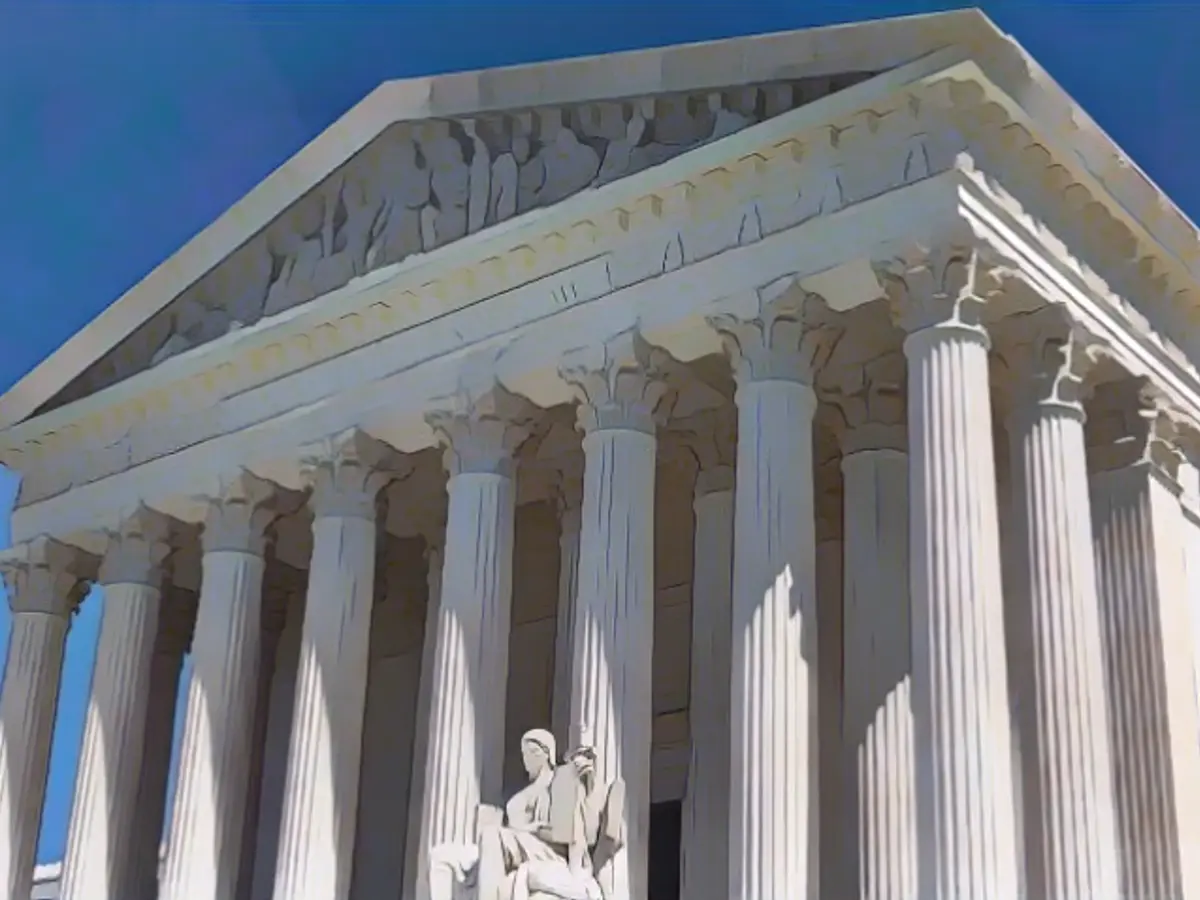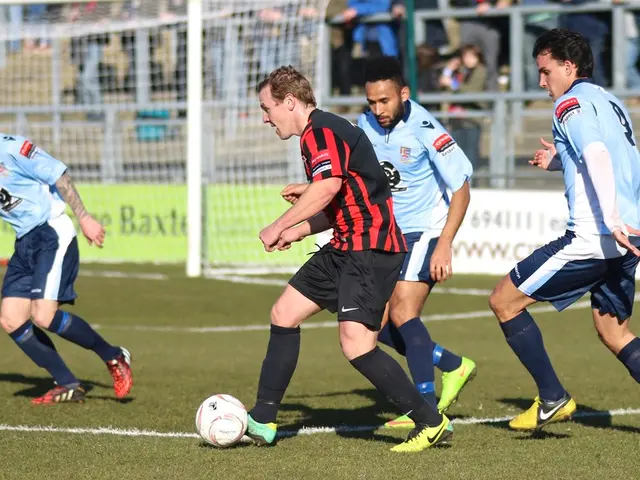Stoking the Abortion Crisis: Alito's Irony and the Fate of Democracy
When Justice Samuel Alito's draft opinion for the Dobbs v. Jackson Women's Health Organization case threatens to roll back Roe v. Wade, it could exacerbate the crisis in American maternal health.
Nicole Highmore
The American healthcare and political systems have been abysmal at supporting pregnant individuals, resulting in a dismal record of maternal health, especially among Black women. Even before the surge in US maternal mortality due to Covid-19, mortality rates continued to climb, with Black women bearing the brunt of these harrowing statistics. If the courts were to overturn Roe, it could lead to a significant increase in pregnancy-related fatalities, as stricter regulations on abortions and the mandatory carrying of pregnancies would only exacerbate the current crisis.
Alito's draft opinion reminds us that these high maternal mortality rates are the inevitable consequence of political decisions, not democratic ones. There have been heated discussions on Roe vs. Wade, but Americans remain divided over whether it should remain in effect. Although it's too early to conduct a poll on the draft opinion, a CNN survey from January found that 69% of Americans were against overturning the Roe decision. This sentiment remains consistent across various polls. It's important to note that Alito's views have already been dismissed as both radical and unpopular.
Even if political sentiments were different, Alito's proposals would constitute a gross violation of women's bodily autonomy and personal rights. The US legal system has a troubling history of using bodily autonomy as a weapon to deny full citizenship to certain Americans. Although this aspect of the law has evolved in other forms, the temporary subjugation of bodily autonomy through incarceration can have far-reaching consequences, such as limiting the right to vote (e.g., felon disenfranchisement). Women's rights to bodily autonomy and control over their fertility have traditionally been denied, with the legal identity of women frequently defined by marriage and the control over critical decisions regarding their reproductive health in the hands of others. Denying women the right to control their fertility doesn't just imply the loss of medical autonomy but also the loss of full political participation.
This gradual erosion of autonomy has taken place both subtly and dramatically. Ongoing research into the history of incremental politics and anti-abortion movements has revealed an intricate saga of political strategy and the establishment of institutions, as well as a violent and anti-democratic power grab. Since 1993, there have been at least 11 fatal attacks on abortion clinics and providers. There have also been numerous bombings, hundreds of instances of arson, and thousands of acts of vandalism and threats by extremist groups.
Alito's draft opinion signifies a turning point in this saga. This radical shift is a callous disregard for proclamations of fairness and justice in favor of political power, as seen in the GOP's attempts to block President Barack Obama from filling a vacant SCOTUS seat, and their newfound zeal in dismantling established precedents, such as the filibuster and the expansion of the Supreme Court.
Perhaps no greater irony exists than Alito's call for democracy in the context of abortion rights, which he bonds with the absurd notion that overturning Roe would somehow empower women. This is a lie, as Alito and his colleagues have consistently eroded individual rights, such as the Voting Rights Act, the Clean Water Act, and Affordable Care Act, to serve their political purposes. It's a farce they perpetrate while mocking anyone who dares challenge them.
Enrichment Data:
In the recent history of the US abortion debate, some key issues have emerged in discussions on healthcare infrastructure and individual rights:
Impact on Maternal Health:
- Uneven Access to Care and Confusion:
- Due to the differing abortion laws across states, women may live in areas with limited access to reproductive healthcare services, leading to delays in treatment and, in some cases, life-threatening complications.
- Many Americans are often unaware of the state-specific abortion laws, leading to confusion and the misallocation of resources.
- Provider Concerns:
- Some healthcare providers are reluctant to perform life-saving abortions due to concerns about legal consequences or the fear of being targeted by extremist groups.
Impact on Democracy:
- Discrimination and Denial of Equal Citizenship:
- The disparity in the implementation of abortion policies across states disproportionately affects women's access to their fundamental rights. This discrepancy challenges the very notion of equal citizenship and reproductive rights.
- Inefficient Regulation:
- The need for women to travel to other states for abortions creates a logistical burden, overwhelming legal states' healthcare facilities and creating inefficiencies.
- Democratic Processes and Human Rights:
- The legalization and access to safe abortion are considered essential human rights, as established in international human rights treaties.
- Historical Context:
- Early abortion laws were often rooted in sexist and nativist sentiments, which are constitutionally illegitimate and cannot be used as a basis for modern abortion regulations.
In essence, the debate surrounding Alito's call for democracy in light of abortion rights involves considerable issues related to maternal health and democratic participation. Abortion laws have significant consequences for women's physical and reproductive health and can negatively impact the democratic process by denying equal access to basic services and marginalizing minority and marginalized communities.







